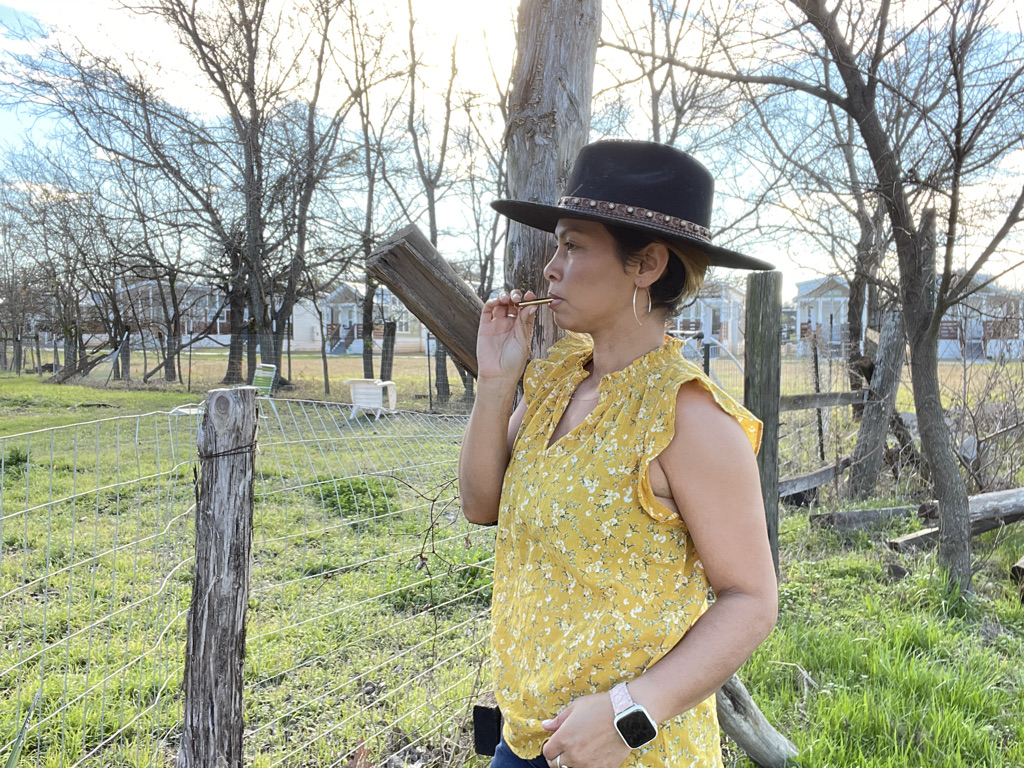Have You Ever Heard About Japanese Monk Breathing Tool?
If you don’t you should know about the history of Japanese monk breathing tool. Between 1600 and 1868, Japanese mendicant monks known as komuso lived and studied Buddhism. Their form of meditation is what made them popular in old Japan. Despite the government’s prohibition on the sect in the nineteenth century, their distinct presence persists.
The Komuso And The Komuso’s flute
Fuke Zen is said to have been popularized during Japan’s feudal era, or Edo period (1603-1867) It was inspired by the teachings of Chinese Zen teacher, Linji Yixuan. The name “Fuke,” however, comes from the sects’ co-founders, the eccentric Zen master Puhua. Fuke monks and priets, known as komuso, began to play the shakuhachi as a form of meditation called suizen. Their anonymity and freedom of movement lead to many masterless samurai join the sect. By 1860, there were more than a hundred Fuke temples around Japan.
In return, some komuso were asked to spy for the shogunate. Bandits and masterless samurai also began posing as komuso to travel inconspicuously. This led to the demise of the Fuke Zen sect in the late 1800s following the Meiji Restoration.
The Instrument Of Komuso Or The Monks Where The Japanese Monk Breathing Tool Inspired
The shakuhachi is a traditional end-blown flute, traditionally made of bamboo. It was used in the Fuke Zen sect of Buddhism for meditation. The instrument is played using different fingering and blowing techniques. It is tuned to a minor pentatonic scale and can be tuned to any pitch. Traditional bamboo shakuhachi is very expensive to make and takes over a decade to make. Today, more affordable plastic and plastic versions can be mass-produced.

Traditional Apparel Of Japanese Monks Or The Komuso
Komuso were also known to wear either kesas, traditional garments of Buddhist monks, or more formal kimonos. Other articles of clothing worn by the komuso include an obi (a traditional sash for men’s kimonos), kyahan shin coverings, tabi socks, and waraji sandals. The komuso also carried several things with them in addition to their shakuhachi. They carried a second “shakuhachi”, which was actually a short sword, a netsuke, which was a container used to carry medicine or tobacco, and a gebako, which was a box they used for collecting alms and carrying documents.
Komuso donned beehive-like basket hats, which covered their faces completely. These woven hats/baskets, usually made from straw, sedge, or reed, are called tengia or tengui.
Komuso Necklace For Your Breathing Pattern (The Shift)

Deeper, slower, and more even breathing occurs. The restoration of your normal breathing pattern both calms and energizes the nervous system. The ability to do so, particularly under stress, improves endurance, self-control, and fitness. In reality, according to Yoga practice, existence is measured in breaths rather than years.
“It’s Time To Relax!”
REFERENCES
Komusō and Breathing Zen: Complete Guide (Updated 2021)
About The Author

With a commitment to helping others actualize their greatest potential and well-being, Dr. East has been a licensed acupuncturist since 1999 and professor of Chinese Medicine at the Pacific College of Health Sciences since 2004. Specializing in MIE: Motivation, Inspiration, and Encouragement, Dr. East helps practitioners of alternative medicine align with their three P’s: Purpose, Passion, and Prosperity. In 2019 she published the book More Than a Treatment, which held the Amazon bestseller’s list in Practice Management for several weeks. She currently resides in Del Mar, CA with her husband and two kids and continues to help patients, students, other practitioners, and the general public with her lectures, workshops, books, events, coaching programs, and wellness-related products.
DISCLAIMER
This Information provided by AntonikaChanel LLC on Antonikachanel.com is for general informational purposes only. Everything material on the Site is supplied “entirely”. We make no representations or warranty of any sort, regarding the adequacy or completeness of the content. This website is under no responsibility for any loss or damage arising from the use of this site or reliance on any information provided on the site.


